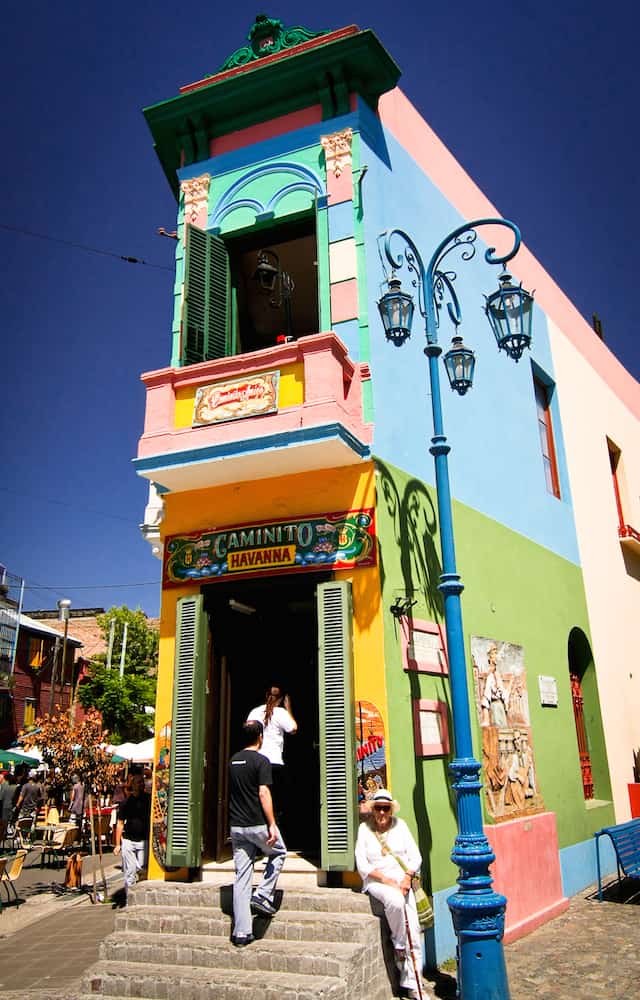MILESTONES | ARGENTINA

The aftermath of Argentina’s so-called default on July 31 doesn’t at all resemble the catastrophe accompanying its earlier default in 2002, when the country was unable to repay $100 billion of debt and the economy collapsed, costing millions of jobs. Following the 2002 default, some bondholders accepted a costly restructuring agreement but others—the so-called “holdouts”—demanded full payment. This time round, the Argentine government has argued that technically it is not in default as it had the money in a US bank account to pay for the interest due on its bonds but a US federal court judge ruled that it could not pay restructured bondholders until it paid the holdouts from the 2002 default.
Irrespective of whether bondholders and the Argentine government eventually reach an agreement this time round (at the time of going to press, hopes were diminishing for a private-sector resolution), the most recent default has different implications than 2002’s, says Richard Gula, president of Boston-based Argyle Investments, who has observed Argentina’s financial situation as an analyst and fund manager since 1988. Global conditions have changed, says Gula, and the potential impact of the current default is likely to be restricted to foreign direct investment levels and the government’s ability to access new sovereign debt.
Inward FDI into Argentina, which was lower in 2013 than in 2012 and 2011 but higher than in 2009 and 2010, is insulated by demand for grain, petroleum and other commodities, which the country has in abundance. Argentina is also well placed to increase food exports to Russia, which recently placed a ban on imports from certain countries in response to economic sanctions imposed against it for its actions in Ukraine.
Gula says financing new sovereign debt will present fewer obstacles than under the previous default. Argentina’s options, he adds, hinge not only on US dollar sources. The global money supply is more liquid than it was a dozen years ago, owing to factors such as quantitative easing, Gula explains. Global politics has also changed. China and Russia practise what Gula calls renminbi and ruble diplomacy, and given their antipathy to the American dollar, they may consider loans for political reasons that have little to do with the rate of interest they are likely to earn. The creation of the BRICS’s $100 billion New Development Bank in July, founded partially as a protest against International Monetary Fund policies, could also become an alternative source of financing for Argentina in 2016, when the bank expects to make its first loan.



